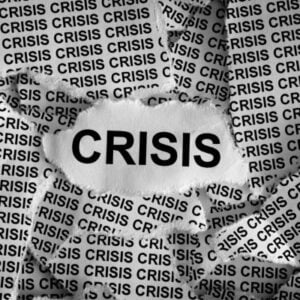A new study by the Inter-American Institute for Cooperation on Agriculture (IICA) in collaboration with the International Monetary Fund (IMF) shows that eradicating hunger in Latin America and the Caribbean is achievable at a relatively low fiscal cost. The findings were presented to agri-food experts, opinion leaders, and journalists at an event in Costa Rica, emphasizing that hunger in the region is primarily a poverty issue rather than one of food availability.
The study, titled “How Much Would It Cost to Eradicate Hunger in Latin America and the Caribbean? A Simple Approach to Estimating the Required Transfers”, was prepared by economist Eugenio Díaz-Bonilla and IMF researcher Tewodaj Mogues. It highlights that while the region produces sufficient calories, about 44 million people still suffer from hunger due to insufficient income to afford basic food. The research stresses that the cost of ending hunger is lower than the economic and social cost of leaving it unaddressed.
According to the study, nearly three-quarters of countries in the region could eradicate hunger with an additional fiscal outlay of less than 0.25% of their GDP, based on the international extreme poverty line of three dollars per person per day. Financing could include reallocating regressive subsidies, such as fossil fuel subsidies, which in 2024 represented 0.7% of the region’s GDP. The research also calls for comprehensive programs combining cash transfers to low-income households with measures to expand and diversify food production, improve nutritional education, and enhance food labeling and information.
Experts participating in the discussion, including former Peruvian Minister Carolina Trivelli and IDB specialist Carmine Paolo De Salvo, emphasized that ending hunger is economically feasible and would generate positive secondary effects, such as boosting consumption of locally produced food and supporting agricultural productivity. They also suggested piloting initiatives in select countries to test and refine practical implementation strategies.
IICA Director General Manuel Otero underscored that political will and coordinated inter-institutional action are essential for success, particularly collaboration between agriculture and finance ministries. He reiterated that while Latin America and the Caribbean are net food producers, food security remains a challenge. Achieving it will require strategic investment in agriculture, innovation, and sustainable development to ensure that all communities can access and afford basic nutrition.







